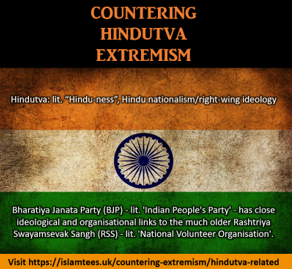The Imaams of Hadith relate that the Prophet (صلى الله عليه وسلم) said:
“Islam is built on five: To bear witness that none has the right to be worshipped except Allah and that Muhammad is the Messenger of Allah, the establishment of the prayer, giving the Zakat, fasting the month of Ramadhan, and Al-Hajj (pilgrimage to Makkah) for whoever is able to bear the journey.”
When we reflect on these five pillars, we should appreciate that each one of them deals with an important aspect related to man, and that each one makes up a strong and firm pillar in the house of Islam, a house that no one stays in except for the believer. The phrase of Tawhid (Laa Ilaha Illallah) therefore wholly engages the heart while its effects surface on the limbs. The prayer uses all limbs, it is the strong and firm link between the creature and his Creator. A Muslim’s relation to other Muslims is solidified through the rich giving the Zakat to the poor. A person is comprised of a soul and a body, of purity and desire; if man were left to himself, he would stray far away from Allah, which is why Allah legislated fasting for us. When we fast, our soul is cleansed and polished. After the heart has been filled with faith and after wealth is distributed as Allah wishes, time comes for the societal ties to be strengthened in the Islamic world, and that occurs during their huge national conference during Hajj, when Muslims come from all places and gather.
We can also view the pillars from another perspective: the Shahadah is a test for the heart; prayer is a test for the limbs and for a Muslim’s ability to organize himself and his time; Zakat is a test for man in his wealth; the fast is a test to see how much one is able to leave his desires for the sake of his Creator and Lord; and the Hajj is a test to see how much one is able to bear hardship and the difficulties of travelling in the way of Allah.[1]
Footnotes
[1] Taken from “Ma’ni Laa Ilaha Illallah” by Badrud-Din Muhammad bin ‘Abdullah Az-Zarkashi, who died in the year 794 after Hijrah.
Source: The book, Explanation of Important Lessons (for every Muslim), Shaikh bin Baz (rahimahullah), DarusSalam, First Edition, 2002, pp. 100-101.















































































